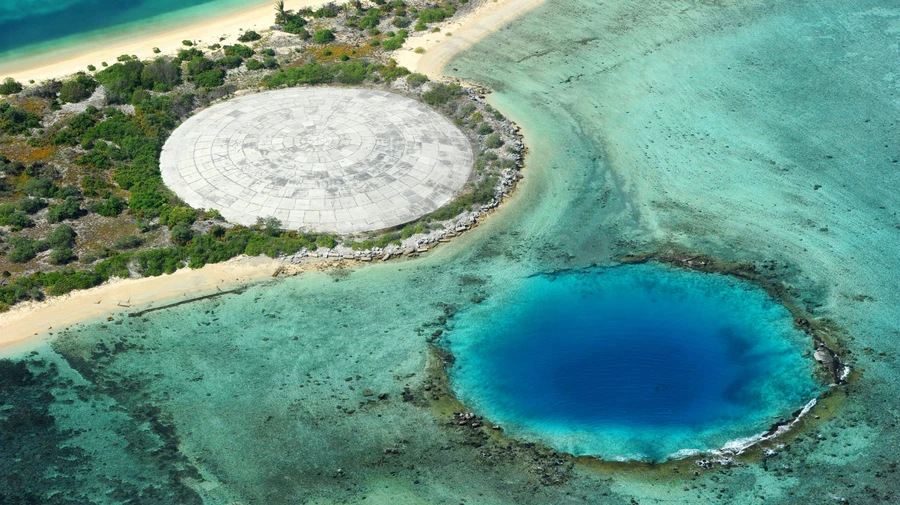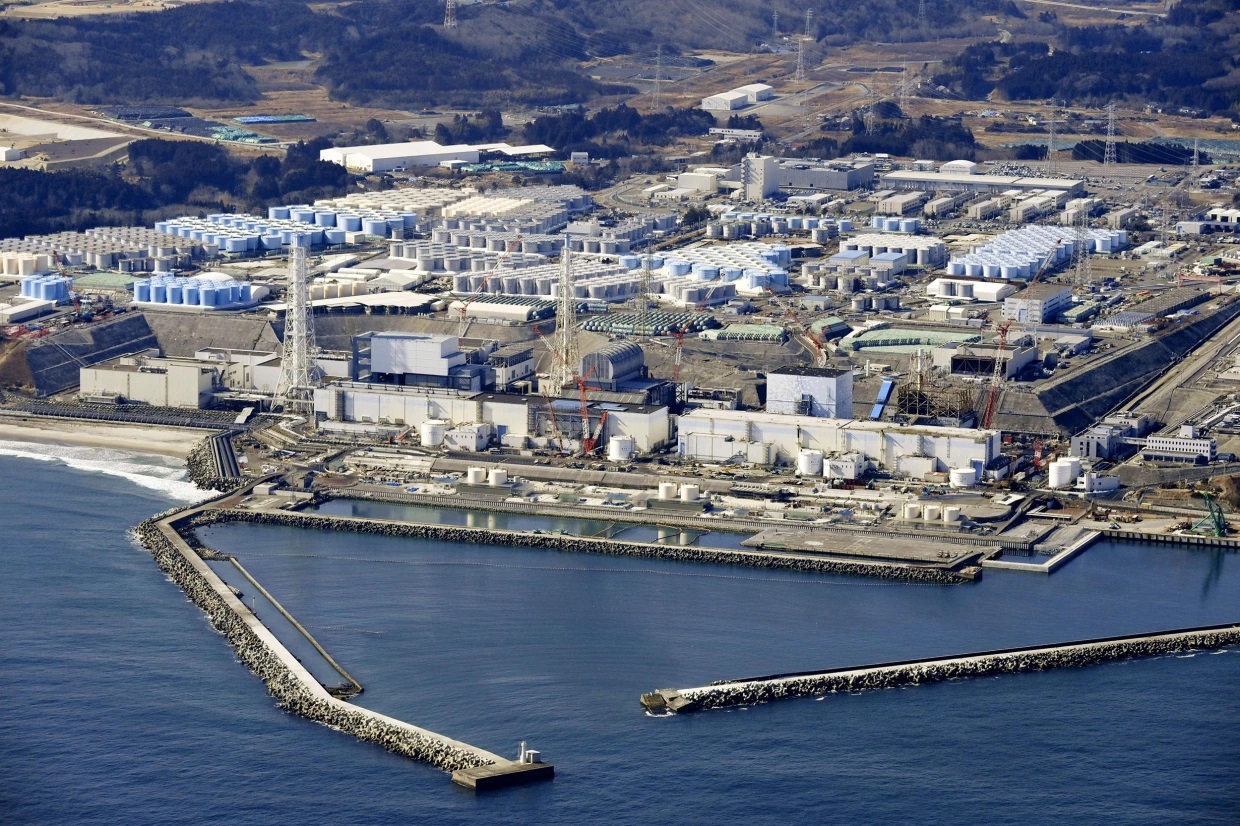Pacific Elders oppose the discharge of Fukushima wastewater into the Pacific Ocean saying it is unacceptable and contravenes international and regional agreements
We note, with deep concern, Japan’s decision to release treated radioactive water from the destroyed Fukushima nuclear plant into the Pacific Ocean.
According to reports, the release of more than a million tonnes of water, which has been filtered to reduce radioactivity, could start in 2023.
We reiterate the observation by Secretary-General Henry Puna: “Our ultimate goal is to safeguard the Blue Pacific – our ocean, our environment, and our peoples- from any further nuclear contamination. This is the legacy we must leave for our children”.
Pollution of our ocean, and especially radioactive pollution, is unacceptable and contravenes international and regional agreements including the London Convention on the Prevention of Marine Pollution by Dumping of Wastes and Other Matter, and the South Pacific Nuclear-Free Zone Treaty of Rarotonga.
A principal objective of the London Convention is to protect the marine environment from pollution, including man-made radioactivity. Under the Treaty of Rarotonga, States Parties are obligated to prevent the stationing of any nuclear explosive device; to prevent the testing of any nuclear explosive device; not to dump radioactive wastes and other radioactive matter at sea, anywhere within the South Pacific Nuclear Free Zone, and to prevent the dumping of radioactive wastes and other radioactive matter by anyone in the territorial sea of the States Parties.
We see many strong reasons to oppose the discharge of Fukushima wastewater into the Pacific Ocean. The climate and biodiversity emergencies we currently face are already presenting severe threats to our waters, and so a decision by any government to deliberately contaminate the Pacific with radioactivity because it is the most cost-effective option seems perverse.
Japan has failed to consult with affected coastal countries, especially northern the Pacific Island States and no environmental impact assessment has been conducted. Furthermore, Japan has obligations not to allow pollution from their own waters to pollute international waters or the waters of other countries. When Pacific Islands Forum Leaders met with Japanese Prime Minister Yoshihide at the 9th PALM Meeting in July 2021, they highlighted the priority of ‘ensuring international consultation, international law, and independent and verifiable scientific assessments with regards to Japan’s announcement’.
We feel this constitutes a disregard for the human rights of both Japanese citizens, as well as those in the wider Asia Pacific region, including indigenous peoples, and it is justifiably being challenged, not least by UN Human Rights Special Rapporteurs.
Japan is under an international legal obligation to take all measures possible to avoid transboundary pollution from radioactivity, and develop alternatives to dumping in the Pacific by continued storage and treating the water to remove radioactive, including carbon- 14 and tritium.
We observe that the International Atomic Energy Agency has stated that the discharges will be done safely and in line with international practice. It continues to play the same historical role as set down in its 1957 statute of supporting and promoting the interests of the nuclear industry, not protecting the environment or public health. Radioactivity discharged from a pipeline poses potentially a greater coastal threat to the marine environment than deep-sea dumping from a ship.
We welcome the recent appointment of an independent panel of global experts2 on nuclear issues to support Pacific nations. Their technical advice, based on scientific evidence, will help inform consultations with Japan over its intentions to discharge treated nuclear wastewater.
This story was originally published at Pacific Elders’ Voice on 30 March 2022, reposted via PACNEWS.




